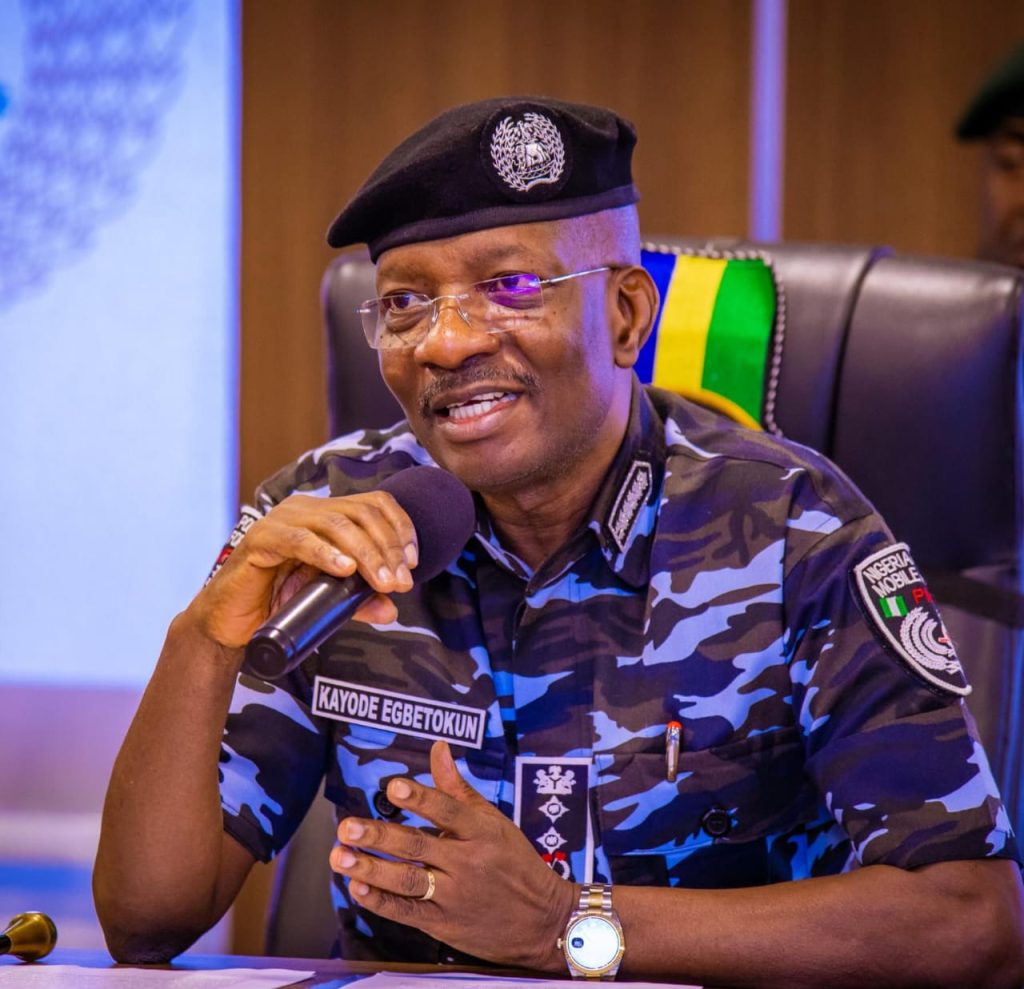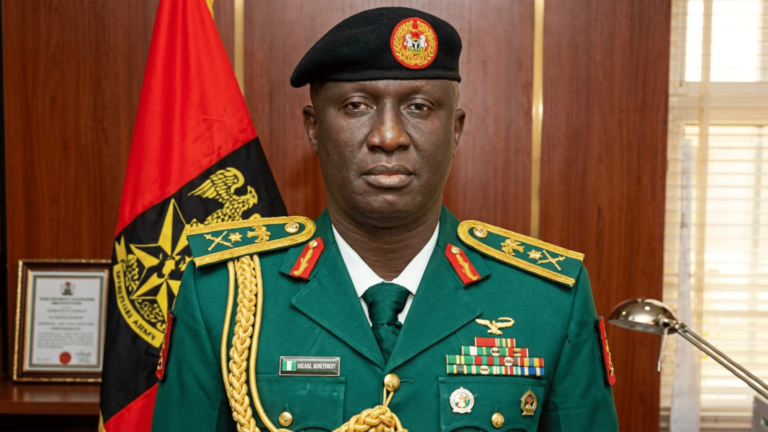
Inspector-General of Police, Kayode Egbetokun, is gaining recognition for his inclusive leadership approach to improving national security. Recently, Egbetokun championed security reforms by hosting the House of Representatives Committee on Constitution Review in Abuja. The meeting focused on security-related constitutional matters and how collaboration can strengthen Nigeria’s peace and stability.
During the visit, Egbetokun welcomed the committee members warmly. He stressed the importance of aligning policing strategies with constitutional reforms. According to him, modern security challenges require laws that reflect present realities. He called for legislative support to enhance community policing, better equipment, and improved officer welfare.
The IGP noted that the Nigeria Police Force is committed to reform and professionalism. He explained that effective security cannot happen without strong institutions and legal frameworks. Egbetokun champions security reforms by working with lawmakers, civil society, and security experts to achieve long-term peace.
The leader of the Constitution Review Committee, Hon. Benjamin Kalu, praised Egbetokun’s proactive leadership. He said the IGP understands the role of the police in nation-building and law enforcement. Kalu expressed readiness to work with the police and promised to reflect security inputs in the amendment process.
Egbetokun used the occasion to highlight some achievements under his watch. He mentioned progress in intelligence-led policing, training programs, and the deployment of new technology. These efforts are helping to reduce crime, restore public trust, and improve response times across the country.
He also emphasized the role of community engagement. Egbetokun believes that policing must be people-centered and grounded in accountability. He encouraged local participation in security planning, and he said reforms must reflect the voices of everyday Nigerians. That, he noted, is the path to peace.
The visit allowed both parties to exchange views on how to build a more secure Nigeria. Egbetokun urged the committee to consider constitutional provisions that allow better funding and autonomy for police operations. This, he argued, would lead to better results and professional service.
Members of the committee listened with interest and offered useful suggestions. They expressed confidence in Egbetokun’s ability to lead the force toward excellence. They also promised to return for follow-up sessions and keep the dialogue open.
The IGP thanked the committee for their visit and promised continued cooperation. He said Nigeria needs unity to defeat insecurity and that everyone must contribute. He ended by assuring the public that the police are reforming, learning, and adapting.
In today’s dynamic world, responsive policing is key. With leaders like Egbetokun at the helm, the Nigerian Police Force is taking meaningful steps forward. His engagement with lawmakers shows how strong partnerships can drive change. Through dialogue, vision, and action, Nigeria’s security architecture is set to become stronger and more effective.


